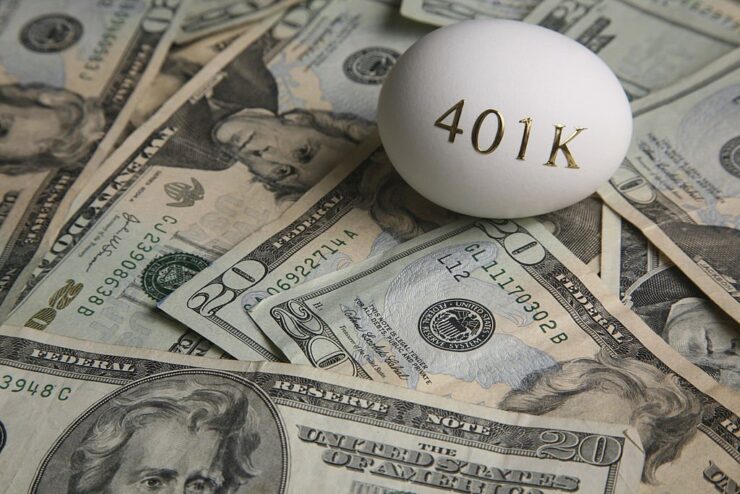It’s no secret that the stock market can be a roller coaster ride, with prices fluctuating from day to day. While stock market crashes are not uncommon, they can have a devastating effect on your 401K savings if you don’t take steps to protect yourself. If you’re looking for advice on how to safeguard your 401K from a potential crash in 2024, then you’ve come to the right place. In this blog post, we’ll cover the most important tips and strategies that you need to know in order to protect your retirement funds during turbulent times. From diversification and asset allocation strategies to the latest tax-deferred investment options – read on for everything that you need to know about it.
How to Protect Your 401k?

If you’re like most people, your 401k is one of your largest investments. And, if you’re nearing retirement, it’s likely the investment you can least afford to lose money in. While there’s no guaranteed way to protect your 401k from a stock market crash, there are some steps you can take to minimize the risk. When it comes to comparing roth vs traditional 401k, both options have advantages and disadvantages. Here are four tips for protecting your 401k from a stock market crash:
- Diversify your investments. One of the best ways to protect your 401k from a stock market crash is to diversify your investments. By investing in a mix of stocks, bonds, and other assets, you’ll be less likely to lose all of your money if one asset class takes a hit.
- Avoid investing too much in any one stock. Another way to reduce your risk is to avoid investing too much of your 401k in any one stock. If one company goes bankrupt, you could lose a large chunk of your investment. By diversifying and spreading your money across different stocks, you’ll be less vulnerable to this type of loss.
- Keep an emergency fund. Having an emergency fund is important for everyone, but it’s especially crucial for those nearing retirement. An emergency fund can help you cover unexpected expenses without having to dip into your retirement savings. This will help keep your nest egg intact in case of a market crash or other unforeseen event.
- Review your portfolio regularly. Finally, be sure to review your portfolio on a regular basis. As market conditions change and your personal circumstances evolve, you may need to adjust your investments accordingly. That way, you can ensure that you are taking the most prudent approach to managing your 401k.
When to Sell Your Stocks?

Selling your stocks is a personal decision that depends on your investment goals and risk tolerance. While there’s no right or wrong answer, there are a few general guidelines you can follow.
– If you need the money: If you need to sell your stocks in order to meet financial obligations, then it’s probably best to do so.
– If the stock is underperforming: If a stock is consistently underperforming the market or sector it’s in, it might be time to sell.
– If you’re worried about a downturn: If you’re concerned about a potential stock market crash, selling some or all of your stocks may help you sleep better at night.
Of course, these are just general guidelines – ultimately, the decision of when to sell should be based on your specific situation and goals.




























